What faithful Catholic colleges are doing to reverse the trend against marriage
By ITV staff
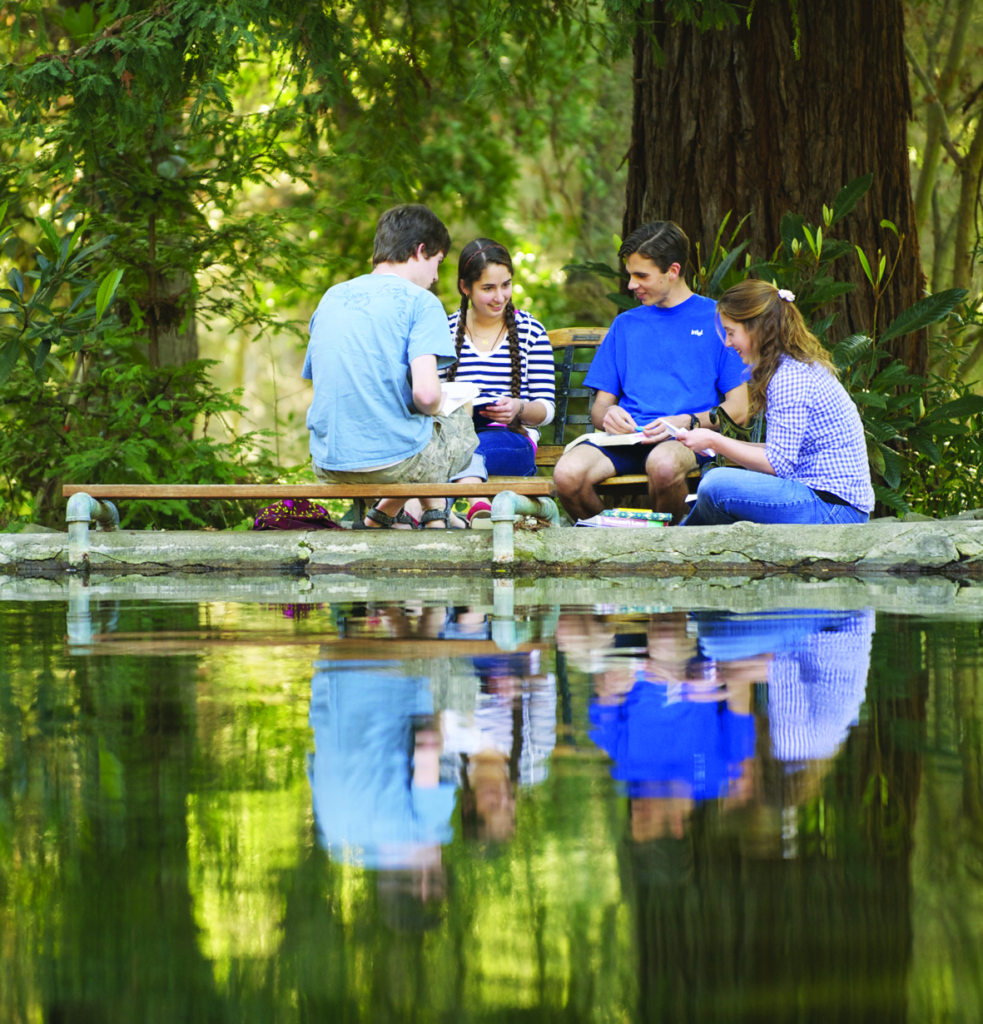
According to a national January 2023 American Perspectives Survey of more than 5,000 adults aged 18 and older, including nearly 800 single adults, 43 percent of young women and 34 percent of young men have no interest in dating.
The majority of both sexes reported that their reluctance was based on the failure of prospects to meet their expectations.
Says Auguste Meyrat in a May 3, 2023 article in Crisis, “In addition to men who don’t have college degrees, most of these women are refusing to consider men for what amounts to having the wrong political opinions,” and he cites the numbers: 74 percent would be less likely to date a Trump supporter; 72 percent, a vaccine skeptic; 54 percent, someone who is very religious; and 52 percent, a Republican.”
Meanwhile, character traits like honor or commitment or kindness don’t appear prominently on their radar.
Meyrat concludes: “These numbers strongly suggest that it’s not the college degree that keeps women from dating and marrying but the college ‘education’ that they’re receiving.”
Indeed, Meyrat goes on to observe, the cultural propaganda that young women are absorbing is on top of the feminist propaganda that permeates the campus, casting men as the “enemy” or, alternately, as superfluous.
No wonder dating — and marriage — are going the way of the Dodo bird.
It need not be said that this trend augurs a dystopian future for our society, not to mention a lot of lonely and unhappy lives.
In happy contrast, there are the college students attending schools on the Cardinal Newman Society’s Newman List of faithful Catholic colleges and universities.
One example: Thomas Aquinas College, with campuses in Santa Paula, California, and Northfield, Massachusetts, notes that “about 10 percent of the College’s alumni have entered the priesthood or religious life. Most of the rest marry, often wedding fellow Thomas Aquinas College alumni and raising fruitful, faithful families that bear joyful witness to the Culture of Life.’”
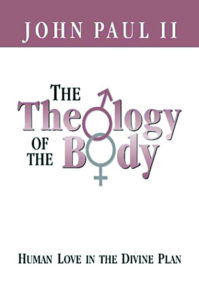
Pope St. John Paul II’s Theology of the Body
Another example: Christendom College in Front Royal, Virginia, with an enrollment of just 500 students, boasts more than 480 alumnus-alumna marriages in its 40-year history. This has something to do with academics, the college explains: “Students learn Pope St. John Paul II’s Theology of the Body in one course, while they learn about Catholic doctrine and moral theology in other courses as well. As students complete each course, they gain a greater knowledge of the principles of the faith, especially pertaining to the Church’s teachings on sexuality, marriage and family.”
Perhaps even more importantly, Newman List college campuses foster healthy relationships by providing only single-sex dorms, totally off limits to students of the opposite sex. Inter-visitation between the sexes has been the standard on most campuses, Catholic and otherwise, for decades, and, unsurprisingly, a robust “hookup culture” has also become the norm.
Now some Catholic colleges are attempting to catch up with their secular counterparts in adopting “gender-inclusive” housing policies, spelling the end of single-sex dorms. Sacred Heart University, Saint Mary’s College of California, and Fairfield University are three universities now providing a “gender-inclusive” roommate option, which means sharing a dorm room with someone of the opposite sex.
School officials do recommend against sharing a room with a romantic partner of the opposite sex: “Some relationships are ready for this step while others are not, and there can be serious challenges for all students should the relationship end,” Sacred Heart University’s policy reads.
But parents may find this less than reassuring.
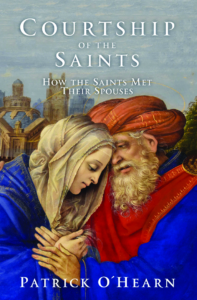
Patrick O’Hearn’s Courtship of the Saints: How the Saints Met Their Spouses
Patrick O’Hearn, author of Courtship of the Saints: How the Saints Met Their Spouses, sums it up on the Newman Society’s blog: “Attending a Newman Guide college with its promotion of the sacramental life, faithfulness to the Magisterium, and flowering of Catholic culture increases grace in one’s soul, but also increases one’s odds to find a holy spouse. You are more likely to find a holy spouse at daily Mass than you will at a bar. You are more likely to find a holy spouse sitting in a theology class than sitting in a class on LGBT studies.”

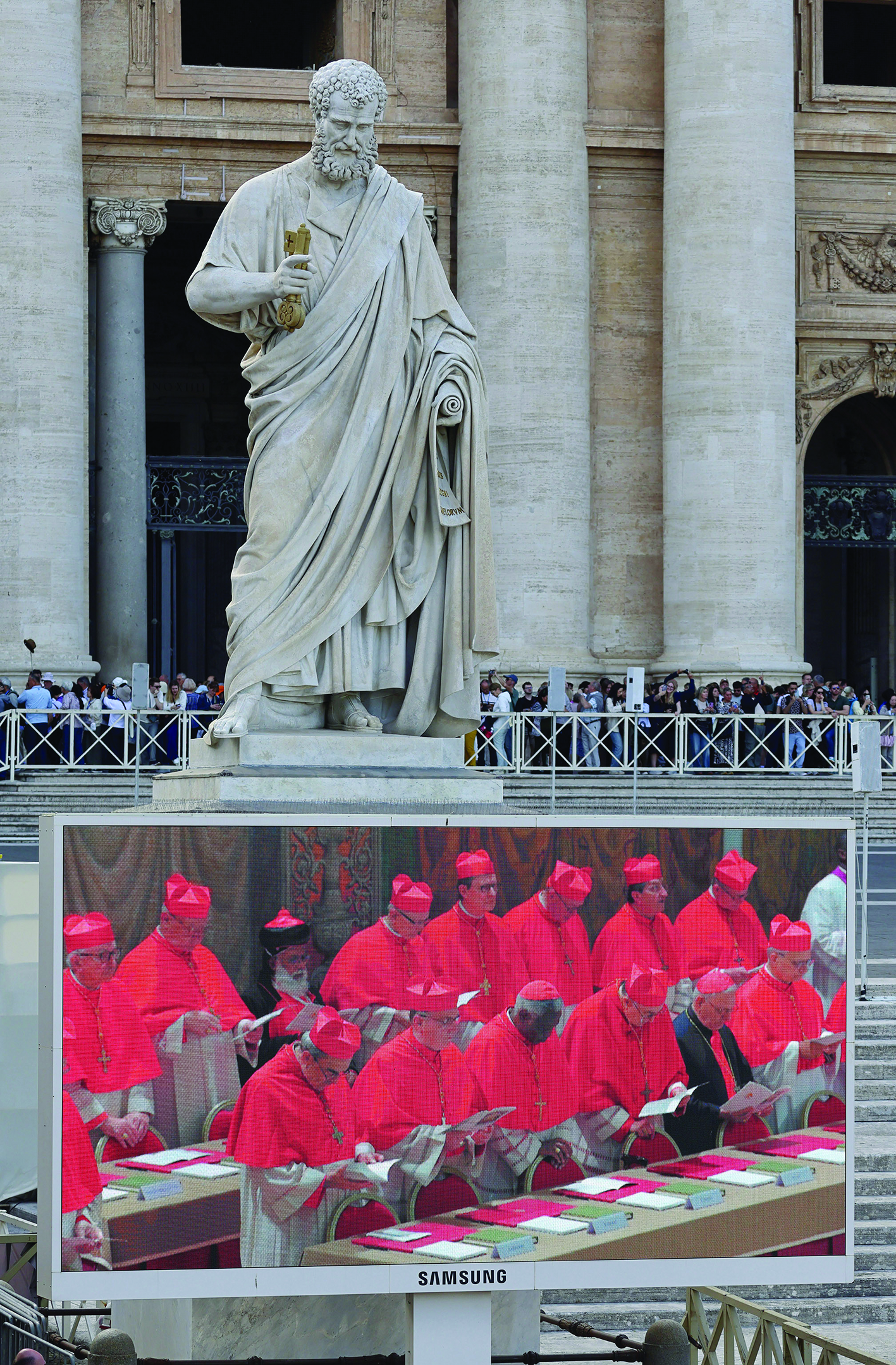
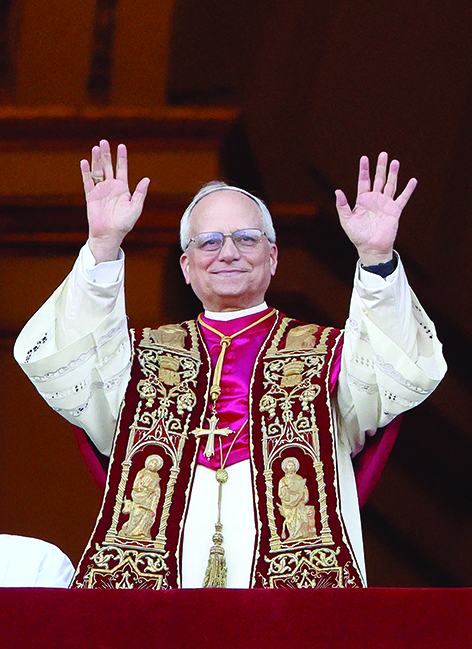

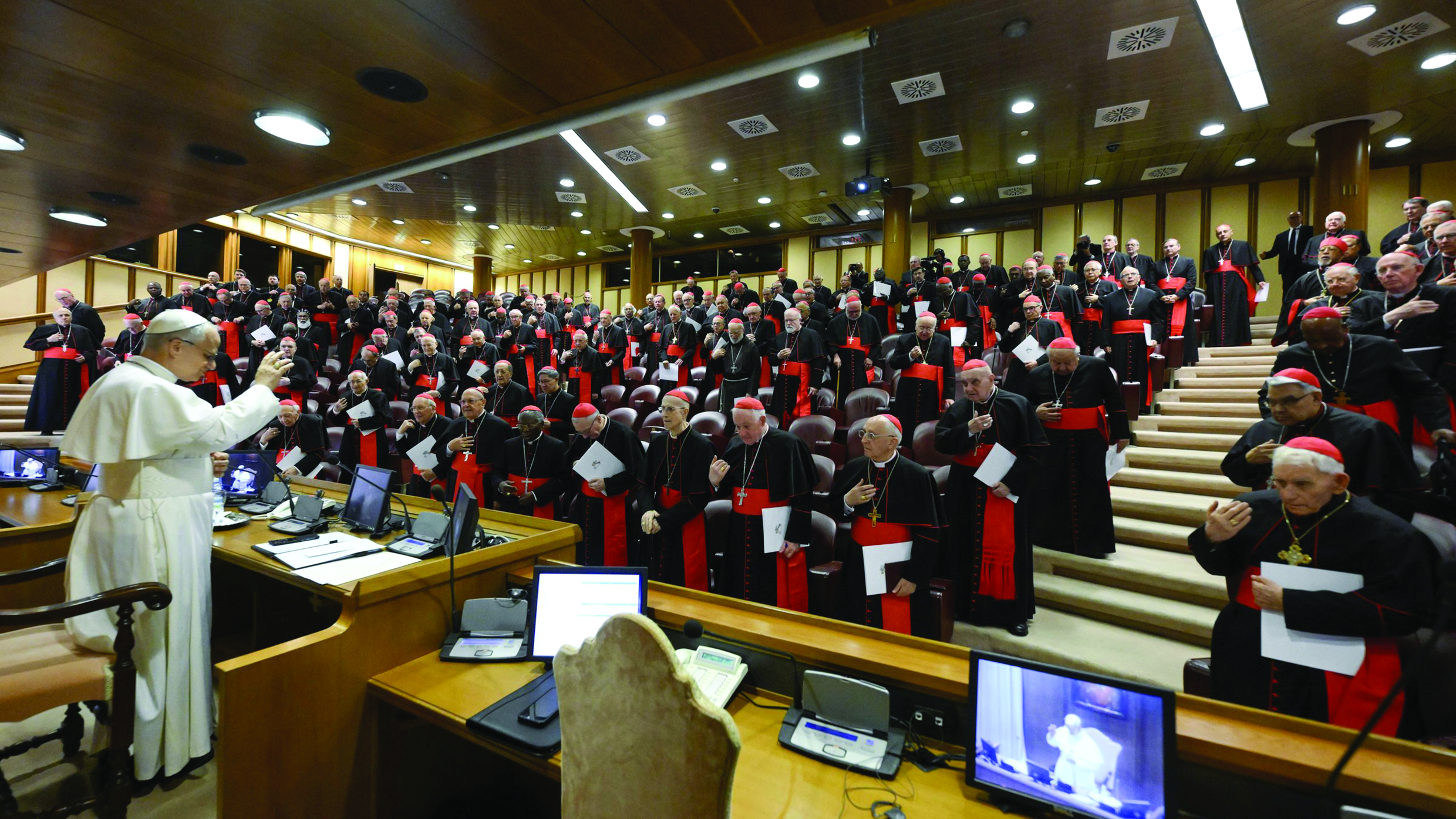
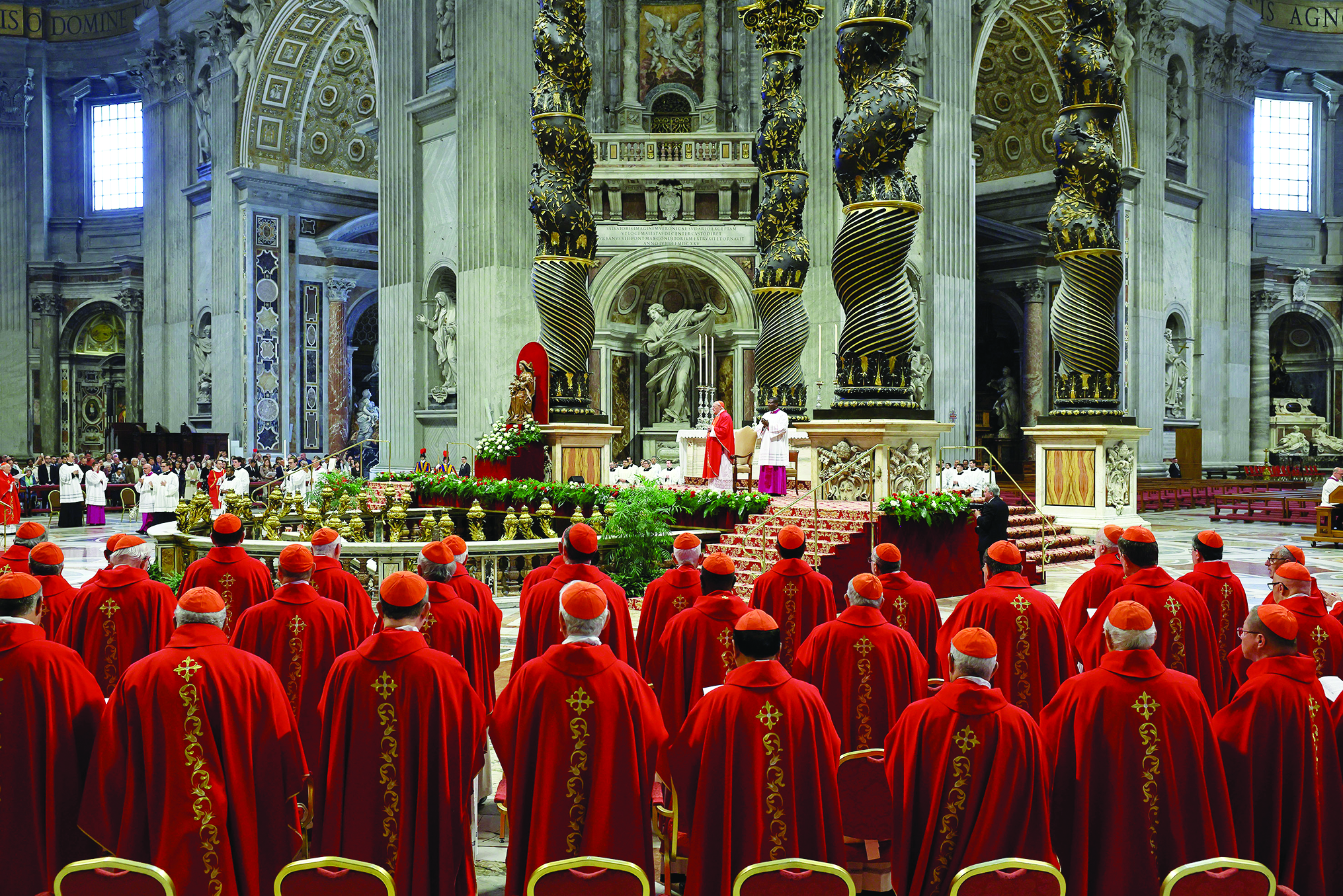
Facebook Comments